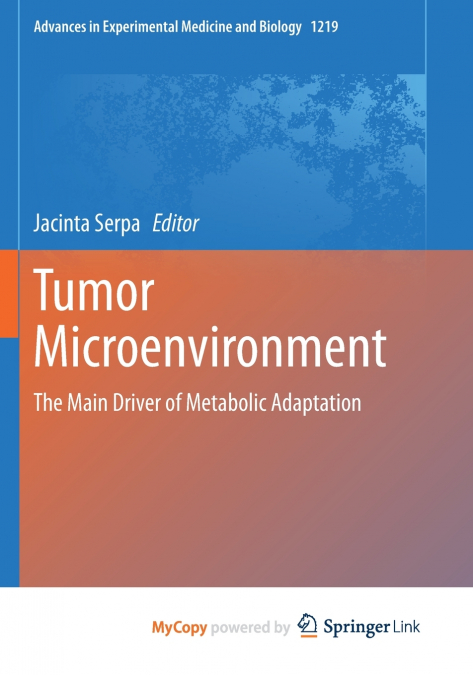
Jacinta Serpa
The way a cell undergoes malignant transformation should meet their capacity of surviving in the microenvironment of the organ where the cancer will develop. Metabolic adaptation is for sure one of the criteria that must be accomplished, driven by metabolic plasticity that allows the adaptation of cancer cells to the availability of energy and biomass sources that will sustain cell survival and proliferation. Each human organ has a particular microenvironment which depends on several cell types and in some cases also on symbiotic microorganisms. These biological partners are constantly sharing organic compounds and signaling molecules that will control mitogenesis, cell death and differentiation, accounting for the organ’s function. Nevertheless, cancer cells are capable of taking advantage of this metabolic and signaling microenvironmental dynamics.In this book, we intend to present the different components of the microenvironment driving the metabolic fitness of cancer cells. Themetabolic changes required for establishing a tumor in a given microenvironment and how these metabolic changes limit the response to drugs will generally be the major items addressed. It is important to mention not only aspects of the microenvironment that stimulate metabolic changes and that select better adapted tumor cells, but also how this regulation of cell plasticity is made. Thus, the signaling pathways that orchestrate and are orchestrated throughout this panoply of metabolic rearrangements will also be addressed in this book.The subjects will be presented from the conceptual point of view of the cross-cancer mechanisms and also particularizing some models that can be examples and enlightening within the different areas.